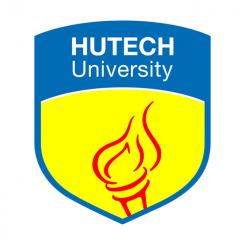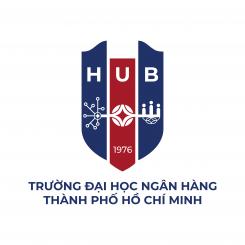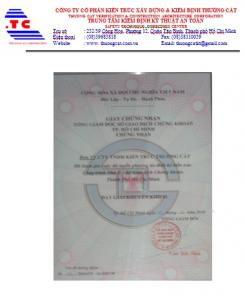News
adv left
Dubai develops and corners behind the glamor
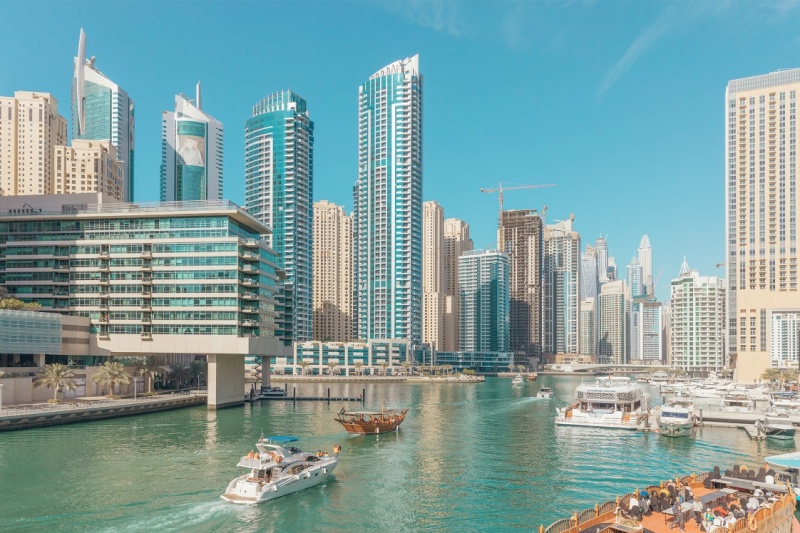
Dubai magnificent.
Dubai has become rich and vibrant today, partly because of its geographic location on the Gulf - where there are large wells in the world. But in fact, the main reason is not because of the oil resources, but because of the economic sectors such as real estate, airlines, ports and information technology. Petroleum accounts for only 7% of total sales.
But the deepest reason behind this development is the sensitivity of the leaders to adopt a very smart investment policy. With a bold investment, a series of world-class projects have been started and formed on this arid land, making Dubai the main economic hub of the United Arab Emirates.
In the early 1980s, Dubai executives understood that this place would not be able to survive long in the economic competition if only focused on oil resources. Although oil is a huge potential, leaders are still concerned about finding a more sustainable and practical solution.
After the calculations and assertions, the leaders laid the foundations for real estate investments and considered it the mainstay of the Arab economy. Emaar Properties is a real estate development company in the United Arab Emirates (UAE) operating internationally providing real estate development and management services. With six business segments and 60 active companies, Emaar is present in 36 markets throughout the Middle East, North Africa, Asia, Europe and North America. Emaar Properties is one of the largest real estate developers in the UAE and is known for its large-scale projects such as Burj Khalifa, the tallest building in the world. In 2000, most real estate developments began to take place in the immediate vicinity. This has led to a new wind for the Dubai economy.
In 2000, Dubai became an information technology city, attracting global customers in all areas and helping businesses grow. Information technology centers are not taxed. In 2003, foreign investors rushed to invest in the emirate because of favorable policies and potential.
Dubai has successfully developed a system of technology organizations and is one of the foundations of the knowledge-based economy of Dubai. It is home to over 500 companies and multinational corporations, including global names such as Facebook and LinkedIn, as well as some of the region's most successful technology companies.
With its spectacular works, Dubai has become splendid under the lights of the night, giving anyone the opportunity to admire the feeling of being in a city in a science fiction movie. Standing high on the look down, people feel like they are in the future world.
However, with the 2008 crisis, many projects in Dubai were unfinished, many projects stagnated and Dubai was in trouble. But now Dubai has regained the style and confidence step by step to continue to fulfill the dream of the world's most beautiful.
Behind the glamor
More than 30 years ago, most of Dubai's area was still desert. But it quickly developed at great speed to become the main commercial center, the major tourist destination in the region. Workers poured into this land to set up business with the desire to change lives.
Dubai is emerging as a promising land with record giant projects in the world. But in the corner behind it is the dark labor of the working poor from South Asian countries to immigrants. Sonapur, located in the outskirts of Dubai, is far away from the busy shopping malls - home to more than 150,000 workers, mostly from India, Pakistan, Bangladesh and China.
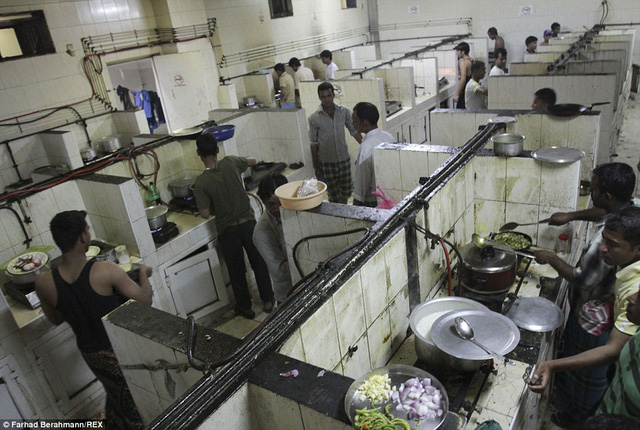
Cheaper and less hygienic kitchen in the poor part of Dubai.
News other
- Suburban house for 3-generation family with rice drying yard on the upper floor(04/10/24)
- Catch the sun in the townhouse(04/10/24)
- 3-storey house designed for three-generation families(23/05/24)
- Fall in love with the open, dark-toned villa design in Binh Duong(22/05/24)
- Impressed with the 5-storey townhouse design that is always airy(22/05/24)
- Furnished 3-bedroom apartment is only 330 million VND, surprisingly beautiful inside(16/05/24)
- The house designed two skylights to help circulate air(16/05/24)


